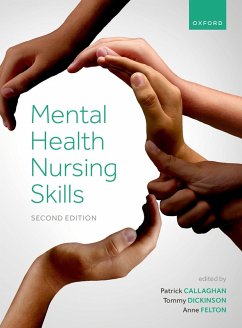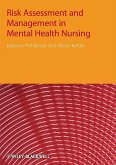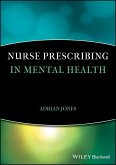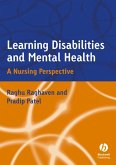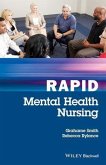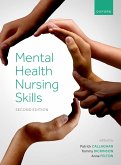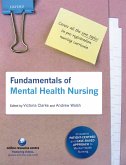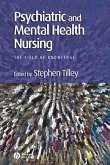Mental health nurses require a diverse set of skills to aid service users and their carers on their journey to recovery. During their training, students need to acquire and demonstrate skills to show that the care they provide is evidence-based and effective. Skills as diverse as assessment, forming therapeutic interactions, caring for physical and mental health needs, as well as leadership and management, can be difficult to learn and master - until now!
Mental Health Nursing Skills provides students with a highly evidence-based and practical account of the skills required for nursing practice. The original text was developed in response to the Chief Nursing Officer's review of Mental Health Nursing in England and that of the Scottish Executive. The authors have updated the content to include reference to the "Playing Our Part" Review of Mental Health Nursing and the latest NMC pre-registration standards. The authors translate theory into clearly applied skills supported by practice examples, tips from service users, and accompanying online activities. With contributions from nursing academics, researchers, practitioners, and service users, this text reflects the best of theory and practice. Clearly mapped against all the benchmarks expected by professional nursing bodies and suitable for all settings,
Mental Health Nursing Skills provides a high quality and student friendly account of the skills required for successful nursing practice.
Dieser Download kann aus rechtlichen Gründen nur mit Rechnungsadresse in A, B, BG, CY, CZ, D, DK, EW, E, FIN, F, GR, HR, H, IRL, I, LT, L, LR, M, NL, PL, P, R, S, SLO, SK ausgeliefert werden.

